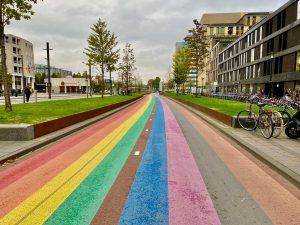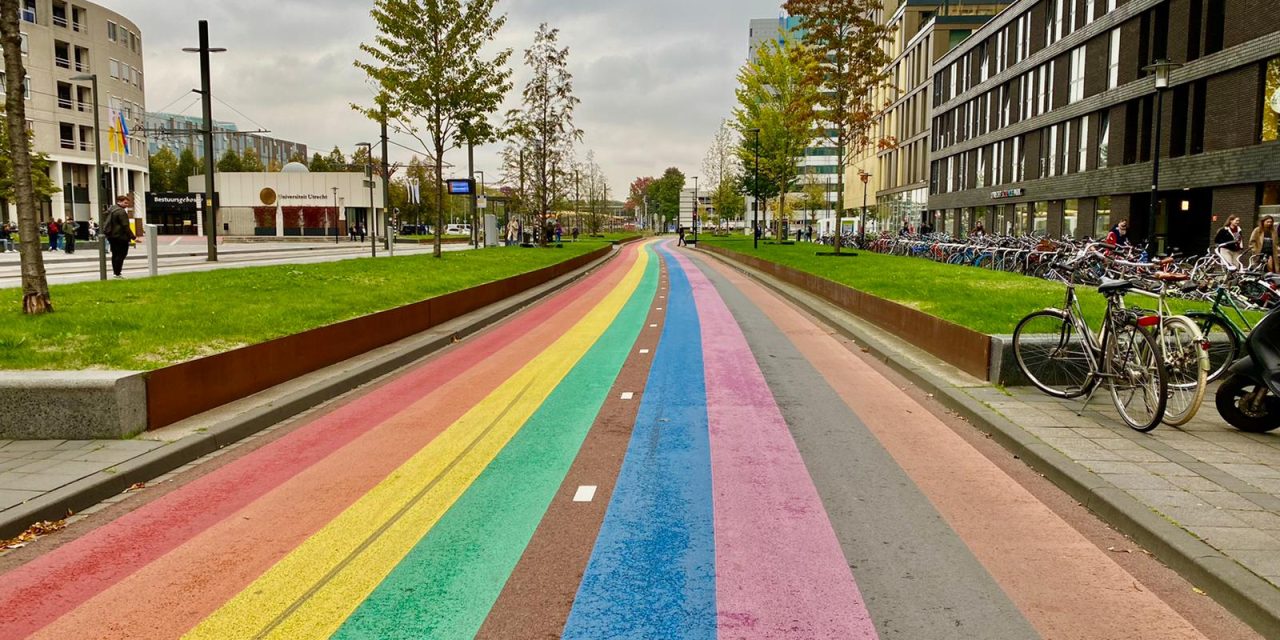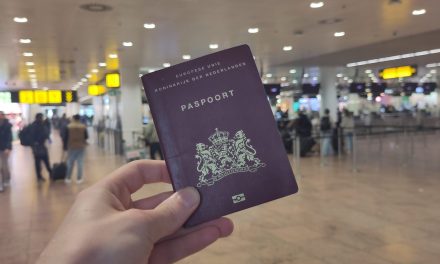Bullying in schools violates the educational rights of affected students. And, consequently, it affects their studies and learning. One of the most typical cases of bullying in the classroom is homophobic bullying. Everyday thousands of children suffer for being who they are and for loving who they love.
In this report I have interviewed two people who have suffered the consequences of belonging to the LGBTQ+ community. Elias Van Mourik, 23 years old, has studied social work in Utrecht Science Park. He is the creator of the Rainbow Cycle Path. He constantly defends and works for LGTB+ rights wherever he goes. He is involved in several projects and tries to give visibility to the community by contributing. On the other hand, María Gimeno is an administration student who has suffered bullying for being who she is, for loving who she loves. She appears in the report explaining her own experience at school receiving comments just for belonging to the LGBTQ+ community and to show how she learn to skip comments and feel proud of herself.
Fortunately, there are many public entities that try to eradicate this problem and, above all, give it visibility. Since 2011, UNESCO and other agencies of the United Nations System (UNS) have been working to raise awareness of the problem and propose strategies to curb these wrongdoings and provide support to those affected.
Homophobia is characterized by contempt, discrimination and rejection of homosexual behavior or attitudes. The person who engages in bullying does so to impose his power over the other, intimidating him, generating insecurities and pain for being who he is.

For students, of any age, who belong to the collective and do not dare to make their sexual orientation known, school can be hell. This suffering can be seen in their behavior, in the way they relate to other classmates, their relationship with their own parents and, of course, when it comes to taking exams.
According to Beth Reis, in her analysis titled: They Don’t Even Know Me! Understanding Anti-Gay Harassment and Violence in Schools studies study habits are altered for those students who belong to the group of students who belong to the group of students who belong to the group of students who belong to the group of students who belong to the group.
The 17% change schools, the 17% drop out of school, the 33% have poorer grades, the 66% have difficulty paying attention in class and the 75% avoid areas of the educational center.




